Problemathon
Micro conference &
think tank for a weekend
About
Not a hackathon
Problemathon is a place where tech community meets philosophers, artists, scientists, activists and every other type of curious minds. No coding or design skills needed, the outcome we seek is not dozens of throwaway prototypes. This event is designed for cross-discipline thinking. Raise the problem, come up with an innovative solution, share it with the audience and win.
Topics
- Climate Change
- Artificial Inteligence
- Biotech
- Web3
- + Open to any other topics of your choice
Prizes
15 000 Eur grant and pre-acceleration program from FIRSTPICK for the best team. 1 000 Eur for two runners up. It doesn’t matter which theme your problem is from — anyone can win.
Speakers, jury, mentors
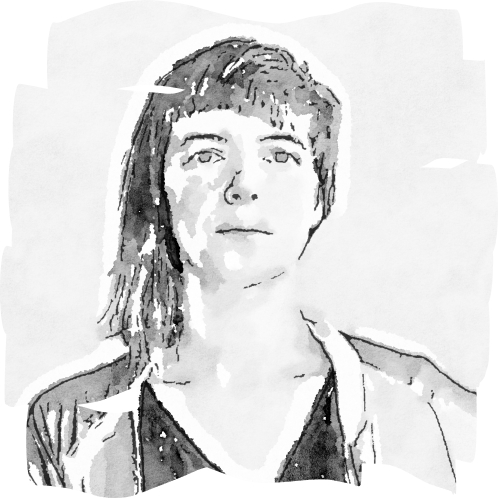
Lina
LapelytėArtist, Composer, Performer
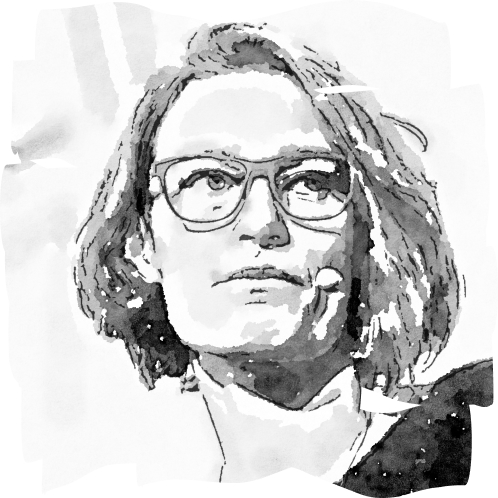
Ida
TinClue, Co-founder; coined the term "femtech"
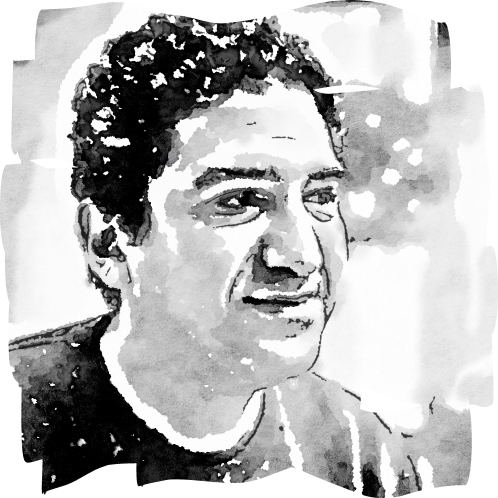
Tariq
KrimTech philosopher
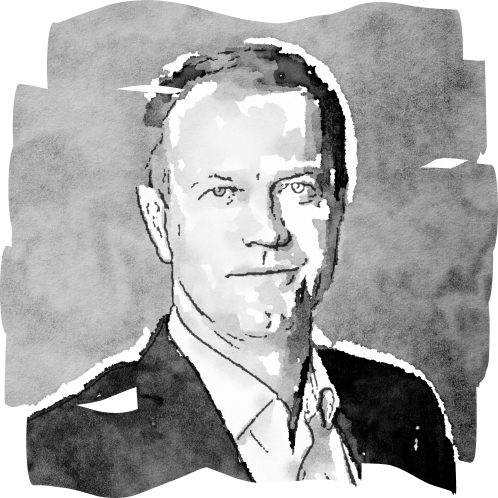
Dalius
MisiūnasPresident of ISM University
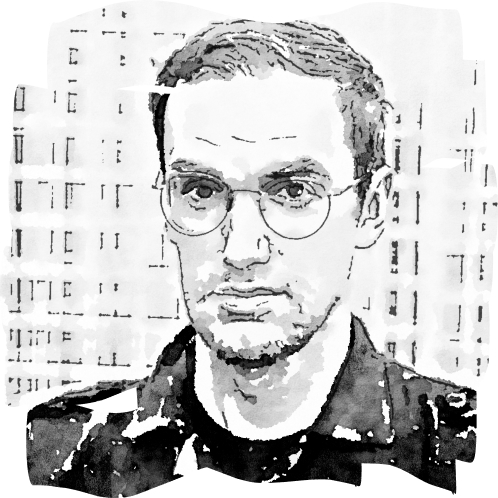
Tomas
RamanauskasCreative Director
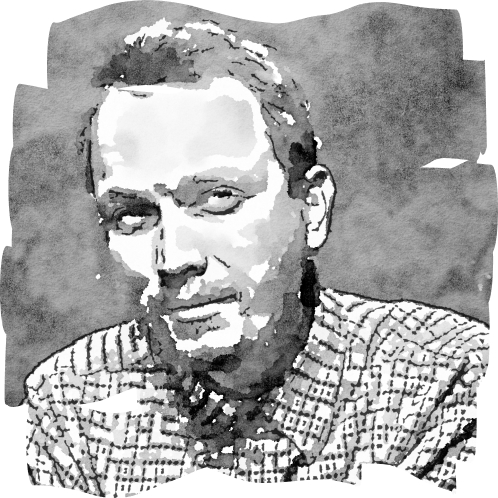
Tadas
ČerniauskasArtist
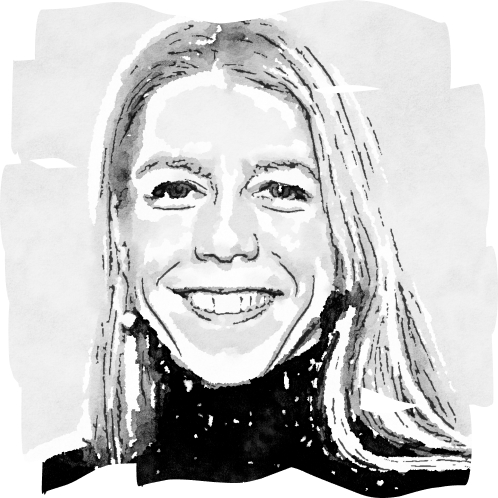
Jonė
VaitulevičiūtėFIRSTPICK, Managing Partner
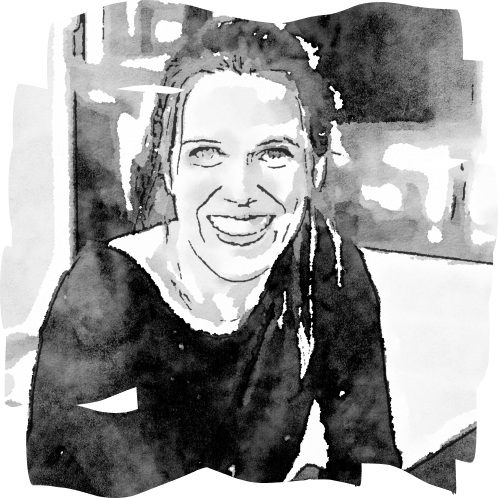
Milda
MitkutėVinted, Co-founder
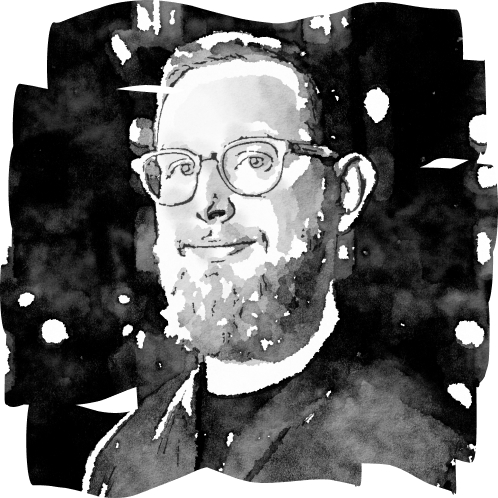
Juozas
NainysDroplet Genomics, Co-founder
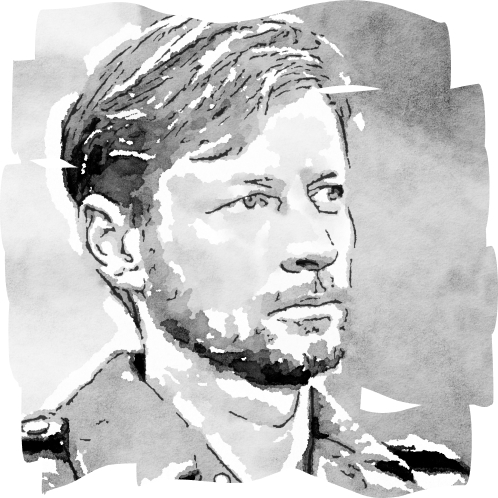
Tomas
Balžekas15min, Co-founder
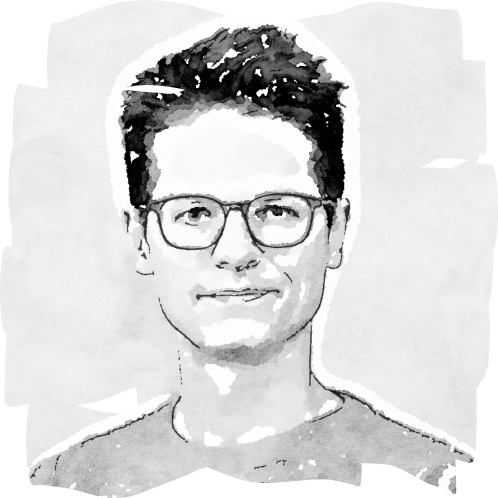
Jogundas
ArmaitisEntrepreneur, Marie Curie Individual Fellow
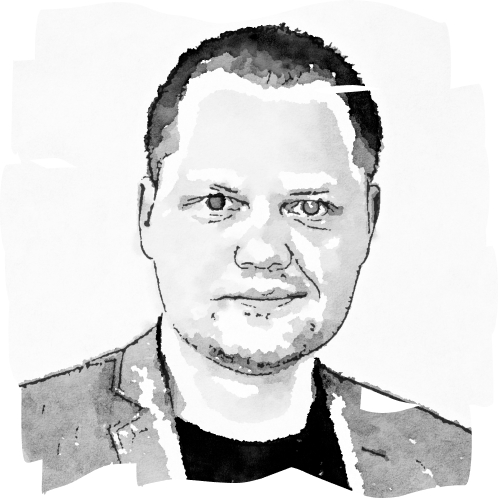
Linas
PetkevičiusArtificial Intelligence Association of Lithuania, Board Member
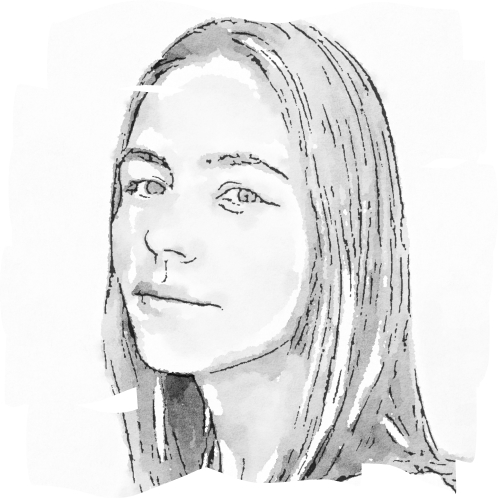
Monika
Katkutė-GelžinėTeachers Lead Tech, Co-founder
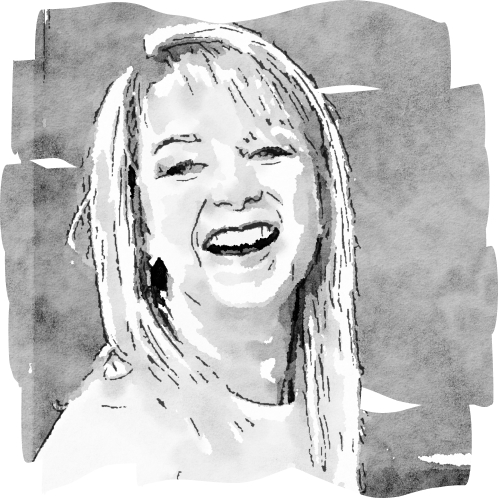
Žydrūnė
VitaitėWomen Go Tech, Co-founder
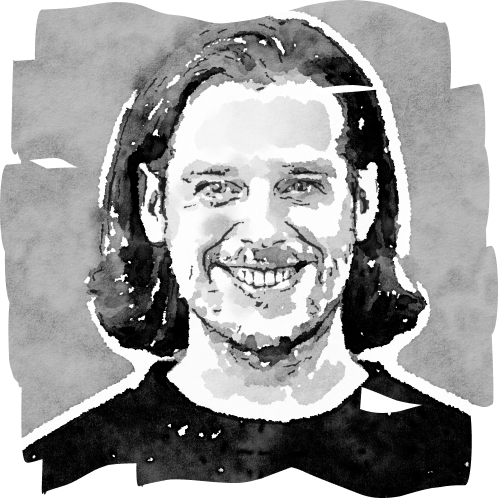
Eimantas
SabaliauskasNord Security, Co-founder
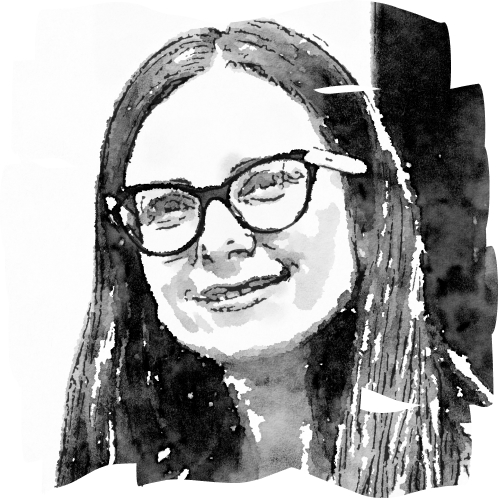
Andželika
RusteikienėJunior Achievement Lithuania, CEO
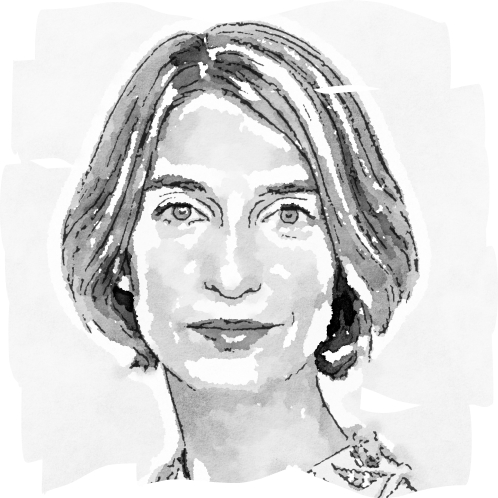
Monika
PaulėCaszyme, CEO
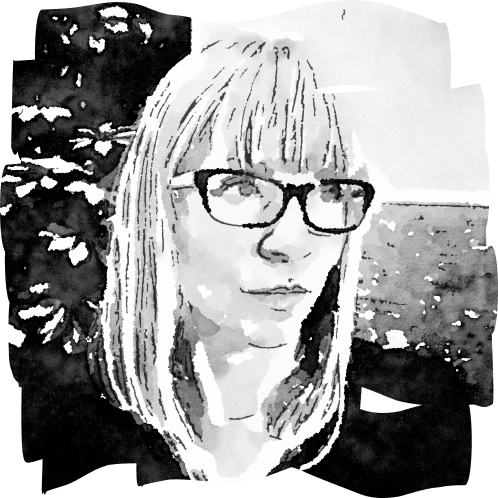
Miglė
TomkuvienėResearcher, VU Life Sciences Center
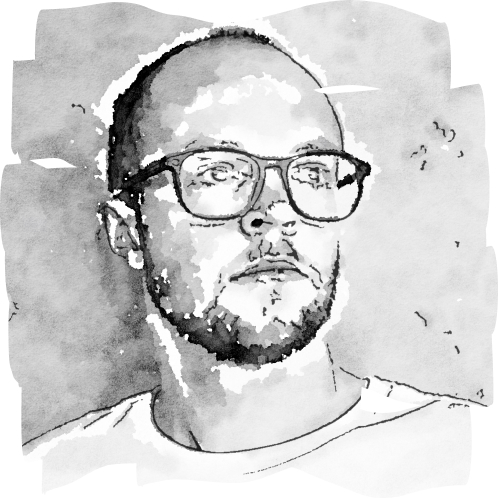
Audrius
JanulisStartups at Google, Industry Manager
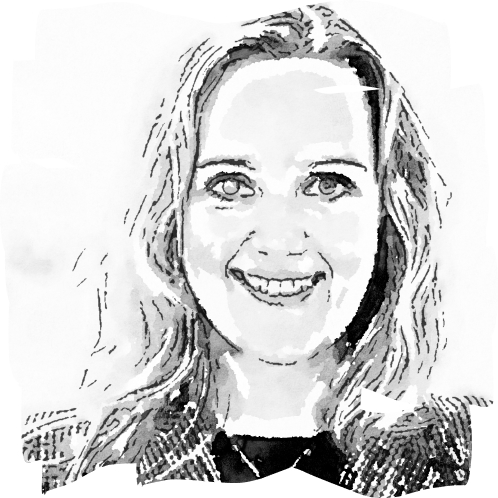
Milda
IvanauskienėMO Museum, Director
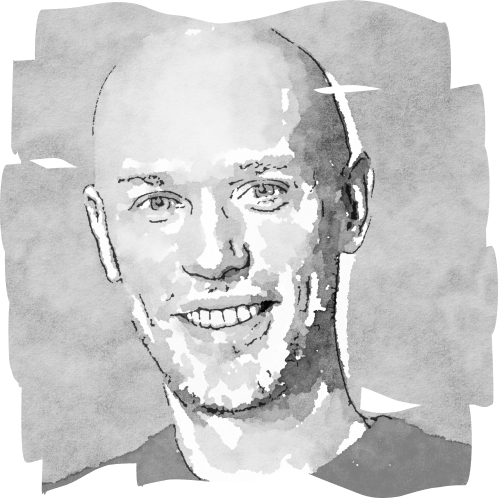
Marijus
AndrijauskasFIRSTPICK, Partner
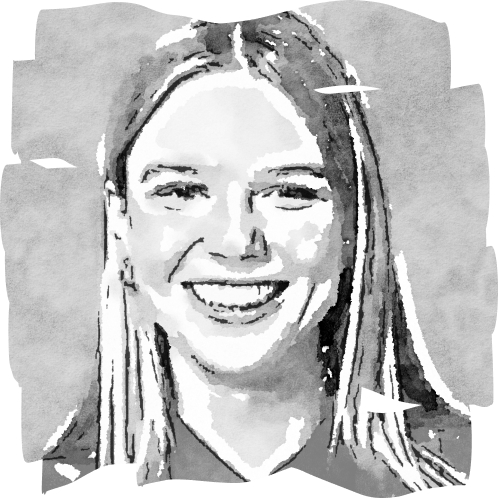
Andra
BagdonaitėFIRSTPICK, Partner
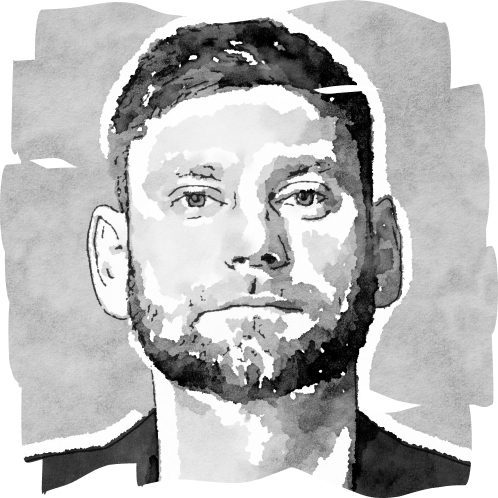
Dmitrij
SosunovFIRSTPICK, Founding Partner

Goda
Raibytė-AleksaScience Journalist
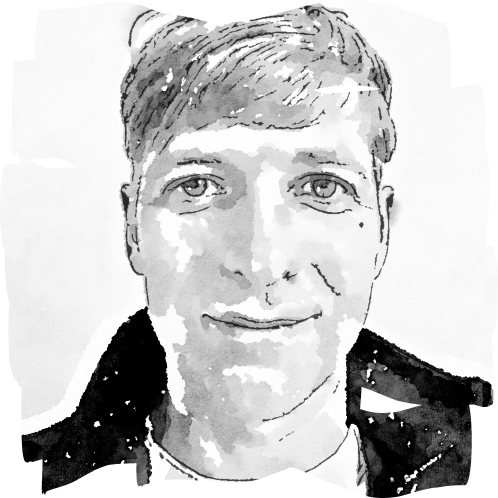
Tomas
DirvonskasOrganizer
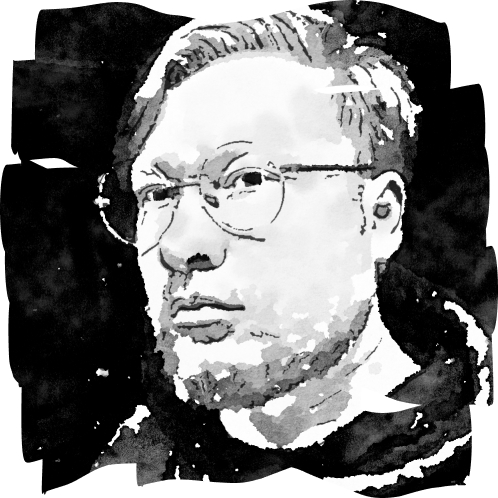
Jonas
LekevičiusOrganizer
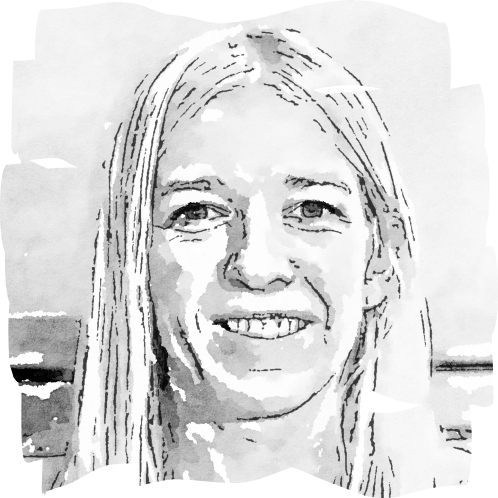
Ieva
DirvonskaitėOrganizer
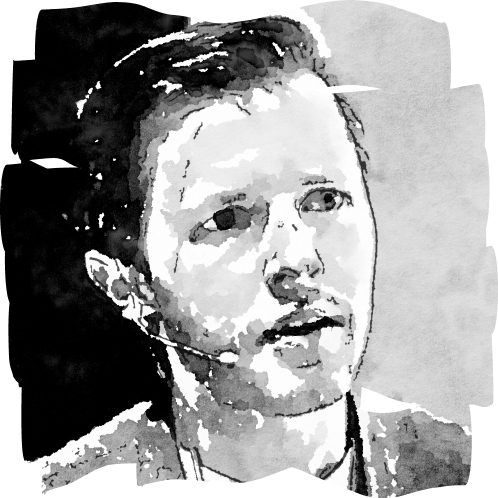
Vaidotas
ValantiejusOrganizer
Agenda
Friday, April 21st
Milda Ivanauskienė, MO
“Miscommunicate much?”
Tariq Krim, Tadas Černiauskas, Tomas Balžekas
“AI: art, media & entrepreneurship”
Ida Tin
“From Art to Framing 1 Trillion Industry”
Juozas Nainys, Monika Paulė, Miglė Tomkuvienė
“Biotech: exploring the possibilities of biology and it’s impact on our lives”
Tomas Ramanauskas
“15 itchy questions”
Saturday, April 22nd
Mentoring session
Mentors’ office hours until 16:00
Sunday, April 23rd
Closing panel
Lina Lapelytė, Milda Mitkutė, Eimantas Sabaliauskas, Audrius Janulis
“How to make ideas happen?”
Partners
FAQ
You have my attention for 30 seconds, how does this work?
- Problem. Pitch your problem. You’ll have 60 seconds for this during Friday evening.
- Team. Form your team. It usually happens organically during networking time on Friday evening, we’ll give you a poster to stand out of the crowd. You can also bring your team to the event. Just remember the more diverse perspectives you have on the team, the better.
- Solution. Work out the solution. You’ll have full Saturday and Sunday morning for your team discussions. The goal is to come up with innovative solution for your problem, bear in mind that it has to be technically feasible and economically viable. We’ll organise mentors for insights and some activities to keep your mind fresh throughout the day.
- Present. Share your results with the audience and jury. Guidelines for presentation will be provided shortly.
- Win. There will be prizes for top 3 teams.
Where is the event taking place?
It is in the iconic former Central Post’s building, now the new home of the ISM university.
Address is Gedimino ave 7, Vilnius — click for map link. Don’t mix it with Arklių st.!Can I come just listen to the keynotes on Friday?
Yes, you can come just for the Friday session. Registration still required. And who knows, you might get inspired and stay the whole weekend.
Are team pitches on Sunday open to public?
Yes, you are welcome to come on Sunday, registration not required. Agenda for Sunday:
- 11:00 Panel: “How to make ideas happen?”, with Lina Lapelytė, Milda Mitkutė, Eimantas Sabaliauskas and Audrius Janulis.
- 12:00 Team pitches
- 13:00 Break & brunch
- 14:00 Awards
How many people can be on the team?
There is no specific requirement. You can be solo or as many as 10, if each team member has enough space to contribute. Important to be able to come up with a strong, well-researched solution for the problem, and ideally push it towards execution.
How should I present the problem on Friday?
Problems will be presented on Friday 19:30. Each person will have up to 60 seconds on stage. You can use slides (please send up to 3 slides as images (.png or .jpg, 1920x1080) by 16:00 to hello@problemathon.org) or simply tell a story. The goal is to inspire others to join your team and give heads up to the jury.
What is the structure for the problem pitch on Friday?
You will have only 60 seconds. Pitch has to be straightforward, easy to understand, yet also inspiring! Feel free to improvise, just bear in mind to cover the points below:
- Problem. Clearly state what problem you are willing to solve. It has to be a problem, not an idea. If you have an idea, think what problem does it address and reframe it. It has to be just one problem. If you tackle multiple, pick the main one to present.
- Impact. Please try to reveal the scale of the problem and positive impact if it is solved. Here are some questions which might help you: How big is the problem, is it painful for a large group of people and/or businesses? Why is it important to solve this problem now? What is the potential positive impact for the world if this problem is solved?
- Team. Who are you and who is on your team, covering what roles? Are you looking for someone to join your team? Tell your team number (we’ll give you one) and/or team’s name. It will help people to find you later during networking section.
What is the structure for the final pitch on Sunday?
Each team will have 2 minutes for presenting + 1 min for Q&A from Jury. Again, feel free to use slides (please send up to 3 slides as images (.png or .jpg, 1920x1080) by 11:00 on Sunday to hello@problemathon.org) or just tell a story on stage. There is no specific template for the final pitch, but please cover the points below.
- Problem. Clearly state what problem you are trying to solve. Has it changed since Friday? Fine-tune it to be specific and impactful. Use simple words, not everyone might be familiar with your field.
- Solution. This is the key part you are going to focus your weekend on. Please share what is the strategy behind your solution, how is it unique and why this is the best way to solve the problem. Do you have any way to demonstrate that it is desired by people (data, testimonials, reasoning, etc.)? Is it technically possible to implement such solution?
- Impact. Please try to reveal the scale of the problem and positive impact if it is solved. Here are some questions which might help you: How big is the problem, is it painful for a large group of people and/or businesses? Why is it important to solve this problem now? What is the potential positive impact for the world if this problem is solved? What’s your mission?
- Competition. Is someone trying to solve this problem already? How are you different? Why your solution is better? Don’t overdo it. Just a simple overview, by doing this you might learn new things which will help for your own thinking.
- Economics. We don’t ask for a business plan. However, each idea/solution has to be economically viable. This will be one of the valuation criteria for the jury. Please share what is the logic and mechanics of the long-term sustainability for your solution. How will you ensure funding in order to keep the solution running?
- Team. Who are in your team? Why this team is the most suited to solve this problem? Are you missing any role to take it off the ground?
- Next. What would you want to do next: nothing, or move to implementation? Do you need funding for this? How much are your team committed to take this idea forward?
What are the valuation criteria for the ideas?
There are basic criteria for the ideas. In addition jury members are welcome to apply their own intuition, world views and subjectivity. The criteria’s we think matter the most for success:
- Impact. What is the value for the planet / humanity if this problem is solved. What is the mission of your team?
- Problem and it’s relevance. Why is it important? Do you have any data to back it up?
- Solution. It has to be desirable from human point of view, it has to be technically feasible (possible to implement) and economically viable.
- Team and your appetite to take this idea forward. How diverse is your team, are there any critical roles missing?
How teams will be formed?
Each person willing to present the problem will have 60 seconds on stage on Friday at 19:30. They will be assigned a number. There will be number posters in the event place. Others willing to join your team will come to that place to meet during networking session ~20:00 on Friday. Usually this happens organically, don’t worry too much. And in case you don’t form a team, consider joining others yourself.
We formed a team, what’s next?
Once you form a team, please register with the volunteers at the registration desk on Friday or Saturday morning. Saturday doors open at 9:00, coffee and croissants on us. Each team will get an assigned workplace. Then your team work starts and you have to submit your final presentation by 11:00 on Sunday. Best of luck!
I still have some questions, how can I contact you?
You can join Facebook group for Problemathon participants or simply email us at hello@problemathon.org.
Registration
Event is free and open to those who register their interest. Please register and join the community of brightest minds. We are reviewing the applications on the rolling basis and will contact you before the event.
Register to AttendOrganized by the team behind AI Camp.













